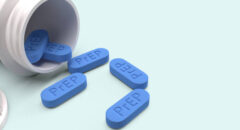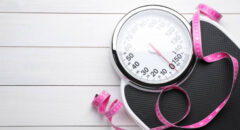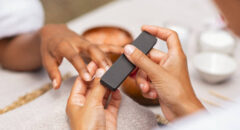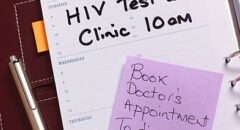
After being raped and learning of her HIV-positive status 15 years ago, raising HIV/AIDS awareness in the Black community became Kim Moon’s number one priority. The Atlanta, GA resident travels all over the world speaking about the importance of HIV testing and knowing your status, a truth Kim knows all too well. The advocate recently spoke with BlackDoctor.org about living with HIV, what keeps her motivated and how she’s at the forefront of educating – and saving – Black lives.
READ: My Story: “HIV Is My Roommate”
BlackDoctor.org (BDO): How did you learn of your HIV status?
Kim Moon (KM): I was raped in 2001 and initially my HIV test was negative but my doctor told me that I needed to continue being tested every six months for three years. But after my first test was negative I didn’t go back, that is until my doctor called and insisted that I come in to be tested at least once more. So I did and two weeks later, I got the call and was asked to come back in and she told me that I was HIV positive.
READ: Sheryl Lee Ralph: Center Stage In The HIV/AIDS Fight
BDO: What were your initial thoughts upon diagnosis?
KM: My initial thoughts were, “I HAVE AIDS AND I’M GOING TO DIE,” and I literally thought that I was going to die like the next day or something because like so many others, I was dumb to HIV. It wasn’t on my radar. I never even thought about the possibility of getting anything like that and it wasn’t because I wasn’t having unprotected sex because I was – I have three children to prove it. The fact of the matter is, I think perhaps it didn’t cross my mind because I only heard about it in the news, like with Magic Johnson or someone else that was gay or from another country like Africa. And after being diagnosed I think I was even dumber because I thought every problem was HIV: If I stumbled, it’s the HIV that’s got my equilibrium off. If I coughed or if my eyes turned red, never mind that it could be allergies, [I thought] I’ve got some type of opportunistic infection. I wanted to lose weight but if I lost the weight then I wondered is it AIDS. It was awful because I was scared and uneducated, not to mention the fact that I depended on Dr. Google for answers and we all know that Googling a symptom or an illness is the most efficient way to convince yourself that you’re dying. In fact, Google will have you going from a mild headache to clinically dead in about three clicks [laughing]!
BDO: Did you share your status with family and friends right away? How did you handle those conversations?
KM: No! I had a friend, my hairstylist, to go to the doctor with me and he was the only person who knew for a long time. I told my middle daughter and niece early on because I thought they were strong enough to handle it but that wasn’t the case with my daughter. However, it caused my niece to change her career and she now works in an infectious disease doctor’s office. It was later on, actually on my birthday years later, when I told my baby boy and oldest daughter. I was very hesitant about telling them because my son was a momma’s boy and because I struggled really badly with the rape, I sent him to live with my mom in Alabama. My oldest daughter was already out of high school and still lived in Alabama but bless her heart, she’s a nervous wreck and she panics a lot. My middle daughter was really grateful when I finally told them. She said that she was glad to not have to carry that weight by herself because it was weighing heavily on her and she felt like she was carrying it alone.







